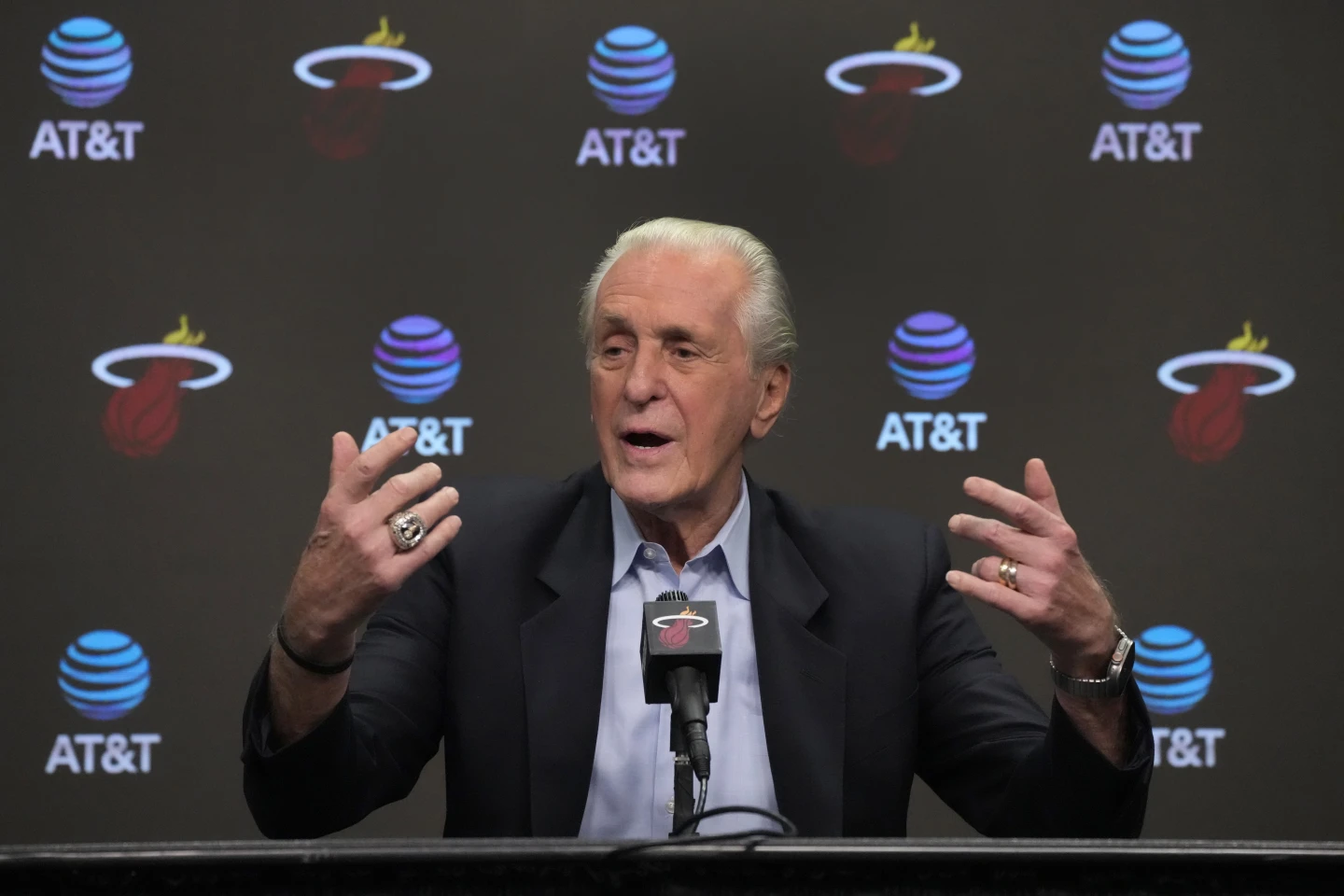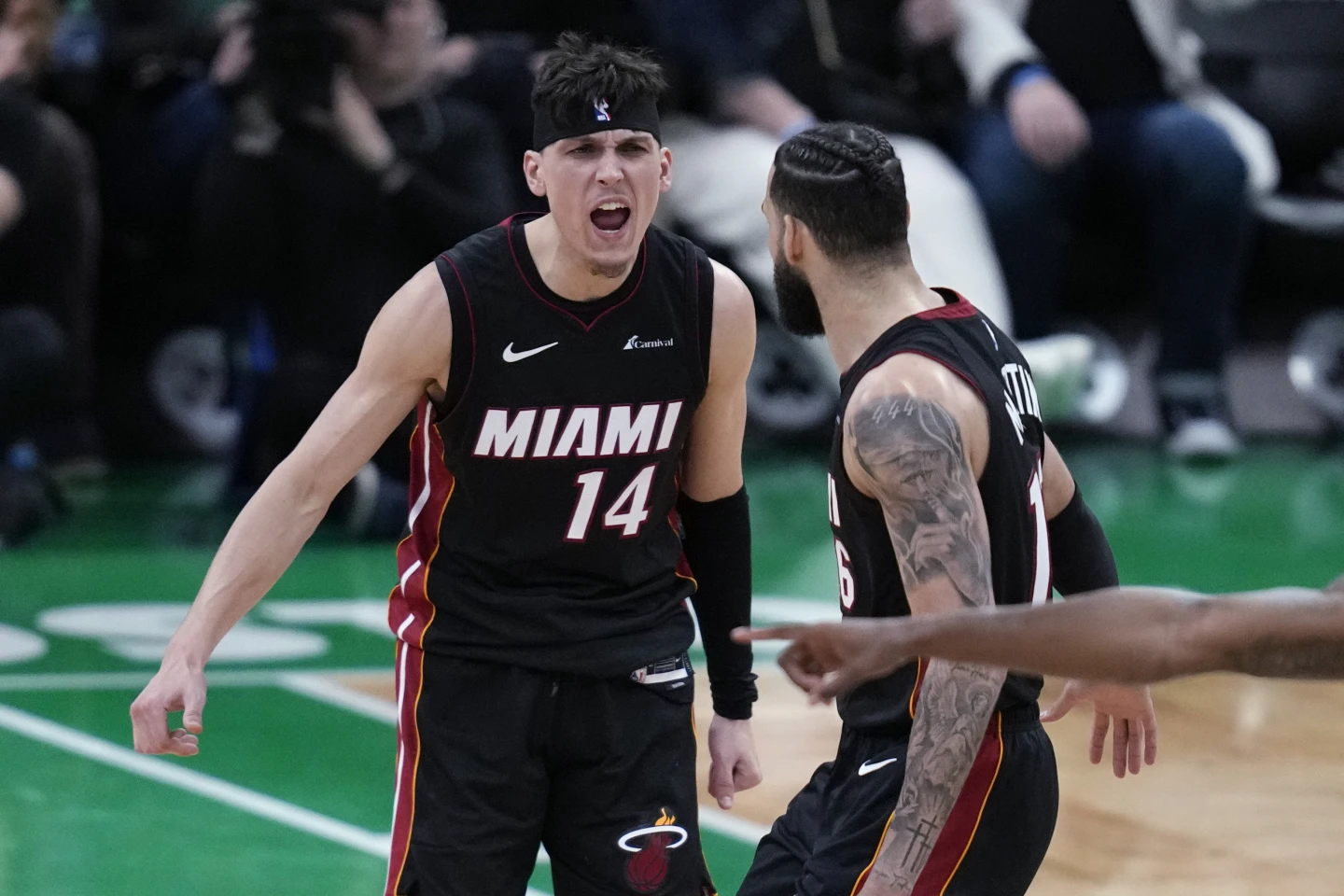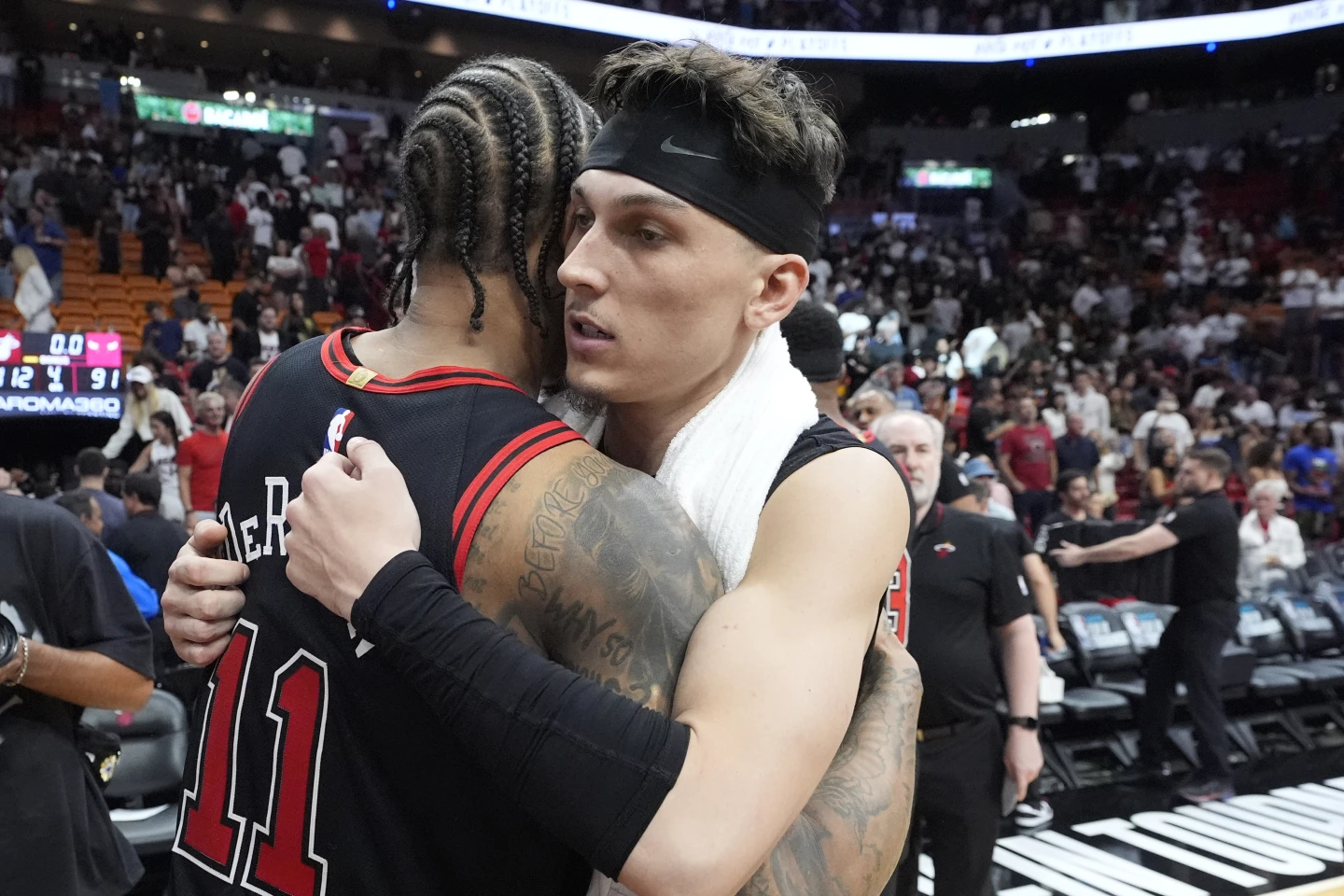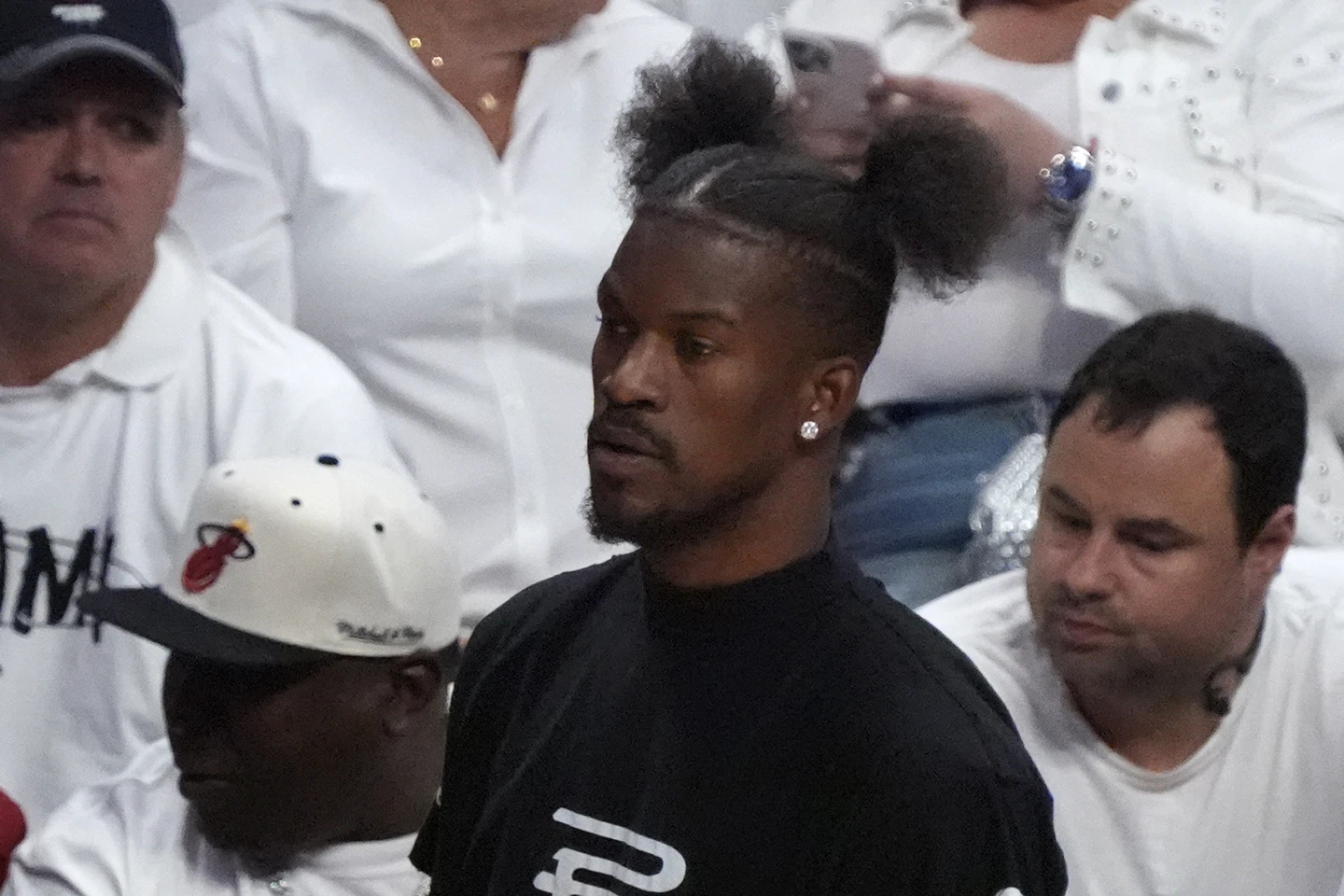If Jimmy Butler hopes for a salary increase, Pat Riley will be looking closely at his on-court performance. This is the starting point for the Miami Heat’s offseason plans.
Butler will likely seek a two-year contract extension from the Heat this summer, potentially securing him up to $113 million for the 2025-26 and 2026-27 seasons. However, Riley stated in his end-of-season remarks on Monday that the team hasn’t yet discussed this internally.
“We haven’t had internal discussions about that at the moment,” Riley said. “We need to assess if making such a commitment is necessary and when would be the right time to do it.
Technically, we have until 2025 to make a decision. But we’ll see. It’s not something we’ve settled on, nor have we had detailed talks about it.”
There are various factors to weigh in this decision, one being Butler’s availability on the court. While he’s undoubtedly a top-tier player who’s delivered standout performances, particularly in the postseason, he’ll turn 35 in September and has missed 100 regular-season games over his five seasons with the Heat, sitting out due to injuries, rest, or other reasons for almost a quarter of the time.

This season, he sustained a knee injury during the play-in tournament, causing him to miss Miami’s first-round playoff series against Boston, which they lost in five games.
“That’s a significant decision for us to allocate those kinds of resources unless we have someone who will be there and ready every single game,” Riley commented. “That’s the reality.”
Riley spoke for around 40 minutes, with much of his talk centering on Butler. He praised Miami’s highest-paid player multiple times, even stating that he “has the most impact” and is “an exceptional player.”
During Butler’s five seasons with the Heat, the team has secured 268 wins, ranking fifth in the NBA during that period, and has reached the NBA Finals twice.
However, Riley didn’t hold back from criticism. Butler, speaking at a Formula 1 race in Miami Gardens over the weekend, remarked, “If I was playing, Boston would be at home, New York damn sure would … be at home.”
Riley didn’t seem pleased with this comment. “I wondered, ‘Is that Jimmy teasing or is he serious?’ If you’re not on the court competing against Boston or playing against the New York Knicks, it’s best to refrain from criticizing those teams,” Riley said.
The issue of player availability extends beyond Butler. Miami utilized a franchise-record 37 different starting lineups in 89 games this season, including the two play-in matches.

They had 18 different players make at least one start, mainly because the roster of available players appeared to constantly change from one game to the next.
Tyler Herro sat out 40 games in the regular season, and Butler missed 22. Miami faced injuries throughout the year, with only two players — rookie Jaime Jaquez Jr. (75) and team captain Bam Adebayo (71) — making over 70 appearances for the Heat in the regular season. Heat coach Erik Spoelstra mentioned last week that the team will deeply examine why players miss so many games, a sentiment Riley echoed on Monday.
“We have a great group of guys, and the top issue is having our players available and healthy to play every night,” Riley stated. “We need to address this matter.”
Riley, 79, just finished his 29th season with the Heat, all as president and some as coach before stepping down twice — first in 2003 to Stan Van Gundy, then again in 2005 when Van Gundy resigned, and permanently in 2008 when Spoelstra took over.

Throughout those 29 seasons with Miami, the Heat have the second-best regular season winning percentage in the NBA (.569), behind only San Antonio (.628). Miami ranks third in playoff wins during that time, with 161, following the Spurs (175) and the Los Angeles Lakers (165).
Riley’s record is unparalleled. Across his 42 seasons as a head coach and/or executive with the Lakers, New York, and Heat, his teams have amassed 2,372 wins, including the postseason. No single NBA franchise has accumulated more wins during Riley’s tenure with these three clubs.
He will make adjustments, but he won’t alter his methods entirely. “Unless you alter the approach to winning, whatever steps you’re taking to succeed, if they’re not effective, we need to adjust,” Riley explained.
“So, change isn’t necessarily a negative term here. … We need to make some adjustments, but we’re not going to completely dismantle everything here.”
